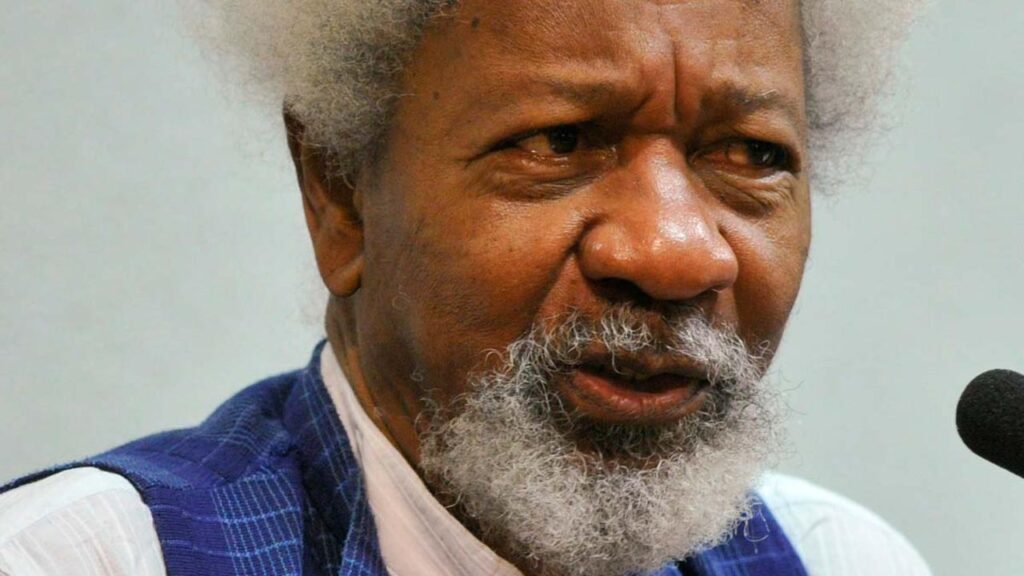 * FG not living on borrowed money from CBN to fund its obligations
* FG not living on borrowed money from CBN to fund its obligations
* Multinationals leaving Nigeria didn’t have liquid FX
The Minister of Finance and Coordinating Minister of the Economy, Wale Edun, has insisted that fuel subsidy removal is an ongoing process that depends on a combination of factors. He was responding to comments on a Channels TV interview last night where he responded to a wide range of domestic economic issues.
The fuel subsidy debacle, which had officially been stopped last year, has been a contentious issue for some months as crude oil prices increase and the exchange rate continues to depreciate, leading critics to suggest partial subsidy remains despite talk of a removal.
But responding directly to the question of whether fuel subsidy has been removed or not, Edun said: “The fuel is imported, that means the removal of fuel subsidy is an ongoing conversation, it is an ongoing process of ensuring that fuel subsidy is eliminated from the Nigerian economy. That is what Mr. President’s intent is and that is what is being worked towards.”
The Finance Minister further said Nigeria is no longer living on borrowed money. Edun explained that Nigeria no longer relies on Way and Means (W&M) from the Central Bank of Nigeria (CBN) to fund its obligations. He also informed that the Federal Government has revamped its revenues for government parastatals and agencies.
“Nigeria no longer relies on borrowed money for its operations. Nigeria no longer has to rely on Ways and Means. Government has also revamped its revenues from agencies and parastatals,” he stated.
The Minister hinted that Nigeria will be receiving $2.5 billion within the next two weeks from the World Bank in recognition of how the government has managed the country so far.
He also denied allegations that the Bretton Woods institutions are influencing the economic direction of the country, saying, “in about two weeks from now, Nigeria will be getting about $2.5 billion from the World Bank out of which $1.5 billion is in from recognition of what we are doing. The facilities from the so-called Bretton Woods institutions are almost free money because they attract very low interest rates.”
While Nigerians are groaning with inflation above 33 per cent and food inflation hitting 40 per cent, Edun stated that the economy is growing albeit slowly with inflation receding month-on-month.
“Yes, the inflation is high and the costs of food are also high but if you look at the month-on-month, you will see that inflation is gradually coming down, especially the month-on-month. The intervention in the agricultural sector, the dry and the wet season coming will lead to a reduction in the prices of food. The economy is stable now,” he stated.
He admitted that the removal of fuel subsidy and liberalisation of the naira has led to a spike in prices and inflation, but the Minister insisted that those steps needed to be taken when the present administration came to power.
He blamed the exit of companies from Nigeria on volatility in the FX market which this government inherited.
He said: “One of the major drawbacks one of the major impediments for them (exiting multinationals) was they did not have a liquid foreign exchange market.
“Now, we have a willing buyer, willing seller foreign exchange market. It is elevated, may be not at the levels we will like it to be but it is when you get inflation down that you can stabilise the exchange rate and even get it coming down similarly with the interest rate. That fight is on. It is an improved environment for them, for big investors as a whole.”
However, the Minister expressed optimism that the liberalisation of the market will encourage international firms to stay in Nigeria.
He explained: “When we came in, there FG not living on borrowed money from CBN to fund its obligations was uncertainty in the FX market. The market was stalled. But with stability coming back to the market, that is encouraging companies not only to stay in Nigeria but others to come in. Companies come and go, but we want companies to stay in the country.”
Edun disclosed that Nigeria will get about seven billion dollars of investment in the near future in the oil and gas sector, saying executive orders singled by President Bola Tinubu are beginning to bear fruits as Nigeria is returning as an investment destination country.













